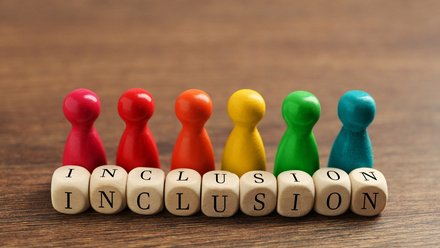Equality, equity, diversity and inclusion
ITI's commitment to ensuring we are a welcoming organisation regardless of background, identity or circumstances.
In 2020 the ITI Board began working on its equality, equity, diversity and inclusion (EEDI) strategy, setting up a small working group and carrying out a survey of the membership. The survey results were published in 2022 and an update published in 2023.
Since then we have taken some practical steps to address barriers and promote EEDI:
• Taken practical actions to ensure that our events are as accessible as possible.
• Updated our accessibility guide for the ITI Conference.
• Welcomed a more diverse group of speakers to present at the ITI Conference.
• Encouraged a broader range of voices in the ITI Bulletin.
• Supported ITI’s Neurodiversity and Parent and carer Networks.
• Taken part in Neurodiversity Celebration Week.
While some progress has been made there is still a lot more that we can do. For this reason the Board approved a new Equality, equity, diversity and inclusion commitment in December 2024 and will be refreshing the membership and terms of reference of the EEDI working group.
Our commitment
Support networks
ITI currently has two networks that support the ITI community and encourage inclusion.




